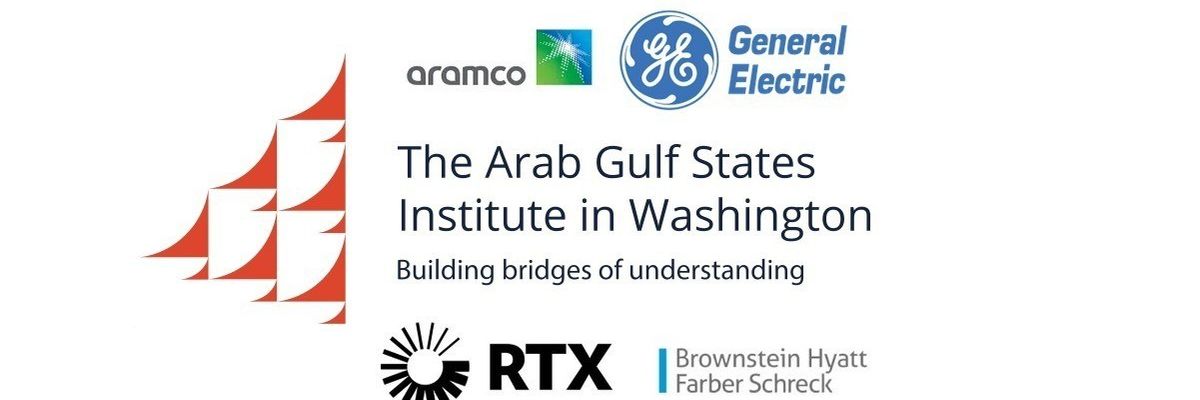The New York Times picked September 11th as an opportune day to publish an essay praising “President Joe Biden and Crown Prince Mohammed bin Salman of Saudi Arabia exchang[ing] a warm handshake” at last week’s G20 summit, and celebrating the possibility of the U.S. giving formal security guarantees to Riyadh in exchange for Saudi Arabia establishing diplomatic ties with Israel.
Plenty is missing from the essay, including any discussion of how a security commitment might compel U.S. soldiers to fight on behalf of Saudi Arabia, a country whose de facto leader, Mohammed bin Salman, was responsible for ordering the operation that killed Washington Post columnist Jamal Khahoshoggi and has overseen a brutal war in Yemen. The U.S. government also continues to withhold an unredacted memo detailing ties between 9/11 hijackers and Saudi Arabia.
But perhaps even more noticeably, the Times failed to acknowledge the potential financial conflicts of interest between the essay writer’s employer and the essay’s arguments for security guarantees that would be highly beneficial to Saudi Arabia.
Those potential conflicts, first flagged by journalist Adam Johnson, lie in the fact that the author, Hussein Ibish, is an employee at the Arab Gulf States Institute in Washington, a group founded in 2015. “To its credit, the organization acknowledges that its sole sources of funding so far have been a think tank in Abu Dhabi and the Saudi Embassy in Washington, though it is looking for private sector support ‘to further diversify funding,’” reported Julian Pecquet for Al Monitor at the time.
Little more has been revealed about the institute’s funding but the website does acknowledge corporate sponsors, suggesting a degree of success in diversifying its funding but also posing further potential financial conflicts of interest. The “Corporate Circle” includes: Raytheon, the world’s second largest weapons manufacturer; the Saudi state owned petroleum and natural gas company, Aramco; Brownstein Hyatt Farber Schreck, a registered foreign agent of the Saudi sovereign wealth fund and the Saudi Ministry of Foreign Affairs, and General Electric, which has billions of dollars of projects in Saudi Arabia.
The Institute, where Ibish is a full time employee, revealed that it “...has received financial support from a wide variety of individual donors and governments, in addition to grants received from a number of different private and educational foundations,” according to its most recent financial disclosures.
The Arab Gulf States Institute in Washington did not respond to questions about which foreign governments have funded the organization, how much the organization has received from its “Corporate Circle,” or whether the organization believes that funding from companies with a financial interest in Saudi Arabia pose a potential conflict of interest that readers of Ibish’s essay should have been made aware.
RS asked the Times whether contributors are asked to supply any information about potential conflicts of interest between their funding and the subject matter on which they are providing analysis and whether the Arab Gulf States Institute in Washington’s funding posed a potential conflict of interest of which readers should have been made aware.
“Dr. Ibish's place of employment is clearly indicated in the guest essay you linked as well as his past publications in The New York Times,” said Charlie Stadtlander, the Times’s director of external communications for Newsroom and Opinion.
While it’s unclear whether that conforms with the Times’s current ethics guidelines, the newspaper’s public editor took issue with the lack of transparency when think tank employees are quoted as sources or contribute op-eds to the newspaper back in 2014.
“These days, with lobbyists coming under more public criticism, some like to use a ‘surrogate’ — like a supposedly neutral person from a think tank — to promote an idea that they can then email-blast out or have their client endorse in a press release,” wrote Margaret Sullivan, who served as public editor from 2012 to 2016. “The Times can’t let itself be used in that way.”
“For its readers to evaluate ideas, they need to know where they’re coming from — and who might be paying for them,” she added.














